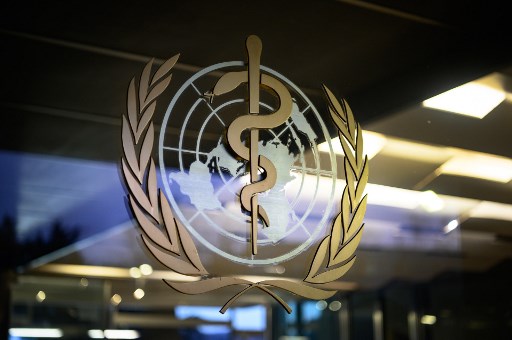
403
Sorry!!
Error! We're sorry, but the page you were
looking for doesn't exist.
WHO announces new public health urgent situations
(MENAFN) The World Health Organization (WHO) has declared a public health emergency of international concern (PHEIC) in response to a significant increase in monkeypox virus infections across Africa. The decision follows a surge in cases that began in late 2022, prompting the WHO to rename the disease "mpox" to combat associated stigma.
Dr. Tedros Adhanom Ghebreyesus, WHO Director-General, announced the emergency on Wednesday, emphasizing the urgent need for a coordinated international response to manage and mitigate the outbreaks. The decision came after the WHO emergency committee reviewed the escalating situation and concluded that the virus's rapid spread could extend beyond Africa.
The Africa Centers for Disease Control and Prevention (CDC) has already declared a regional health emergency, citing the virus's expansion into Burundi, Kenya, Rwanda, and Uganda. The WHO reported that over 14,000 cases and 524 deaths from monkeypox have been recorded this year alone, surpassing the total number of cases from the previous year.
Dr. Tedros highlighted that the virus appears to be spreading predominantly through sexual networks, a development that has raised particular concern. The WHO has identified gay men as a key population affected by the outbreak. Professor Dimie Ogoina, Chair of the WHO Emergency Committee, underscored that the current mpox upsurge, along with the emergence of a new sexually transmissible strain of the virus, represents a global emergency, not just a regional one.
In response to the crisis, the WHO is calling for a robust vaccination campaign and intensified international collaboration to curb the spread of mpox and protect public health. The evolving situation highlights the need for global vigilance and prompt action to address the threat posed by this infectious disease.
Dr. Tedros Adhanom Ghebreyesus, WHO Director-General, announced the emergency on Wednesday, emphasizing the urgent need for a coordinated international response to manage and mitigate the outbreaks. The decision came after the WHO emergency committee reviewed the escalating situation and concluded that the virus's rapid spread could extend beyond Africa.
The Africa Centers for Disease Control and Prevention (CDC) has already declared a regional health emergency, citing the virus's expansion into Burundi, Kenya, Rwanda, and Uganda. The WHO reported that over 14,000 cases and 524 deaths from monkeypox have been recorded this year alone, surpassing the total number of cases from the previous year.
Dr. Tedros highlighted that the virus appears to be spreading predominantly through sexual networks, a development that has raised particular concern. The WHO has identified gay men as a key population affected by the outbreak. Professor Dimie Ogoina, Chair of the WHO Emergency Committee, underscored that the current mpox upsurge, along with the emergence of a new sexually transmissible strain of the virus, represents a global emergency, not just a regional one.
In response to the crisis, the WHO is calling for a robust vaccination campaign and intensified international collaboration to curb the spread of mpox and protect public health. The evolving situation highlights the need for global vigilance and prompt action to address the threat posed by this infectious disease.

Legal Disclaimer:
MENAFN provides the information “as is” without warranty of any kind. We do not accept any responsibility or liability for the accuracy, content, images, videos, licenses, completeness, legality, or reliability of the information contained in this article. If you have any complaints or copyright issues related to this article, kindly contact the provider above.






















Comments
No comment